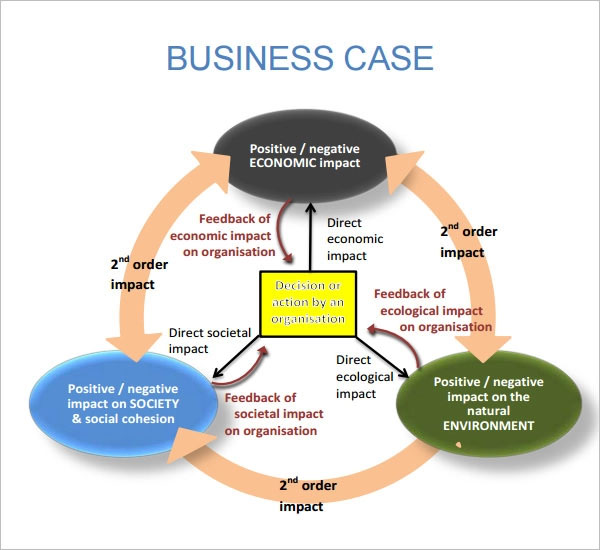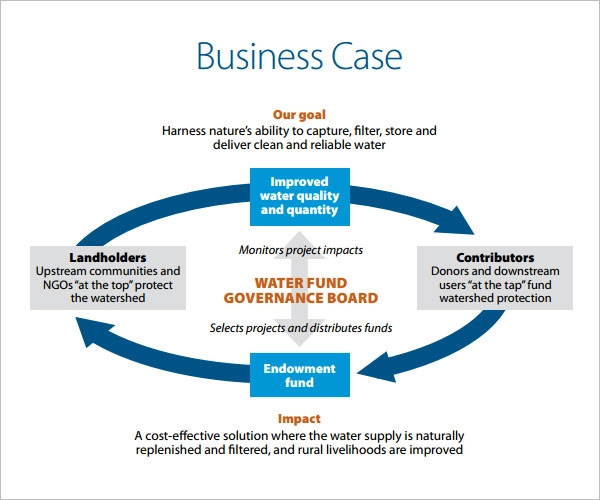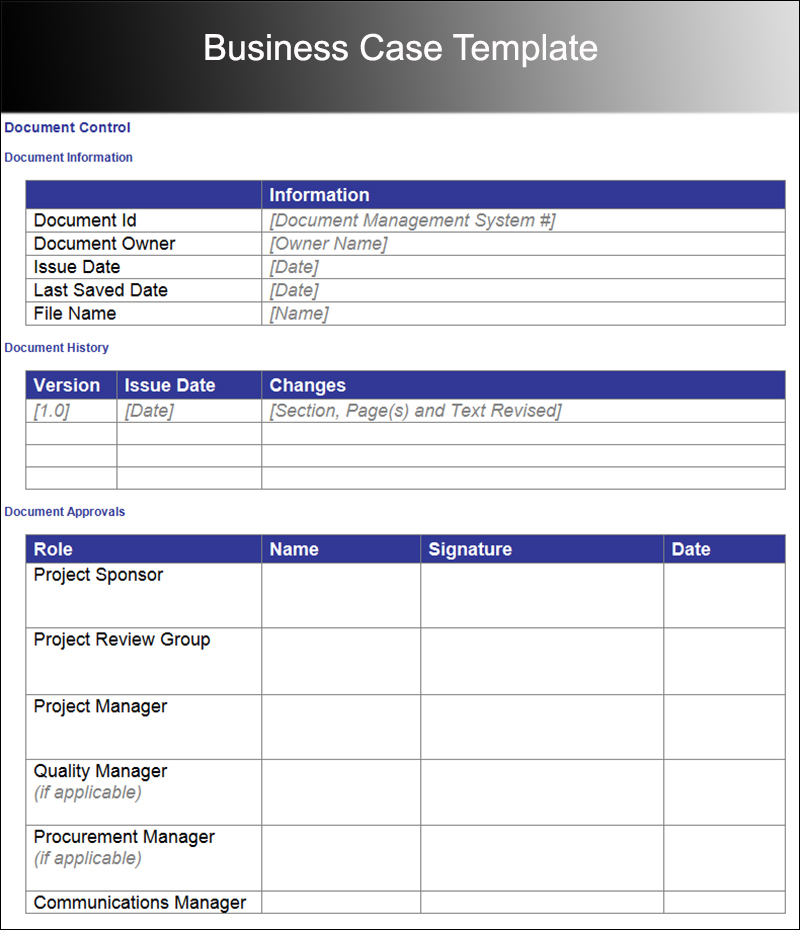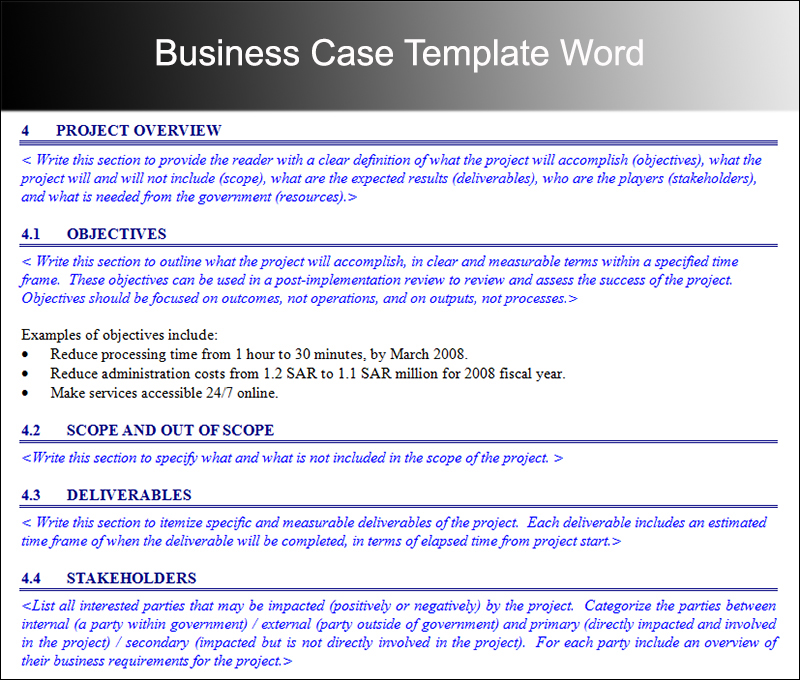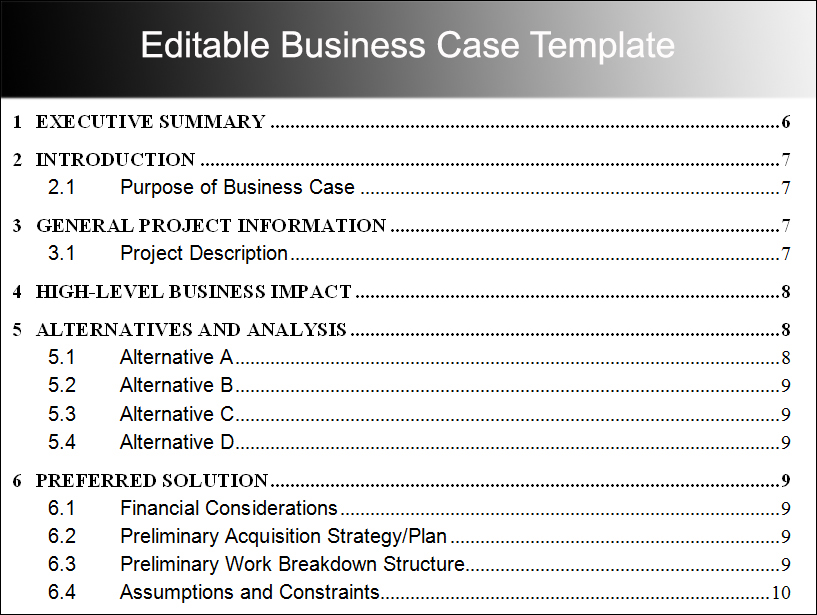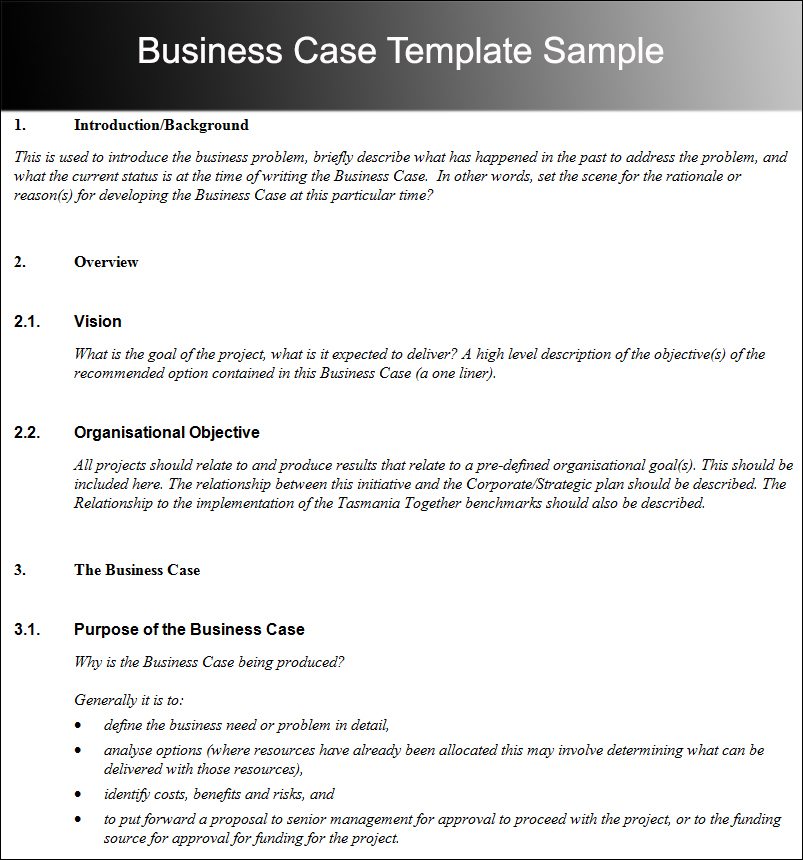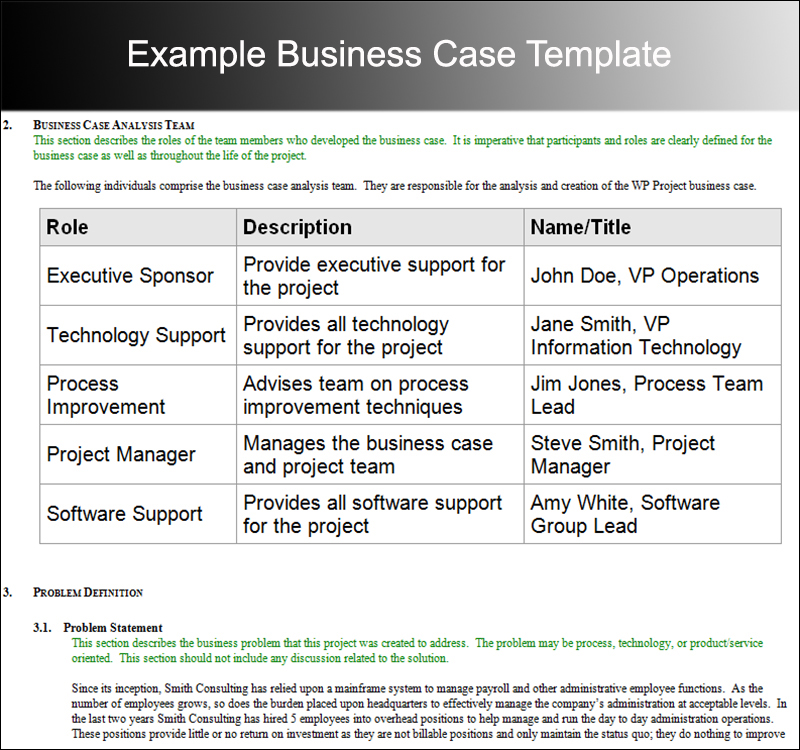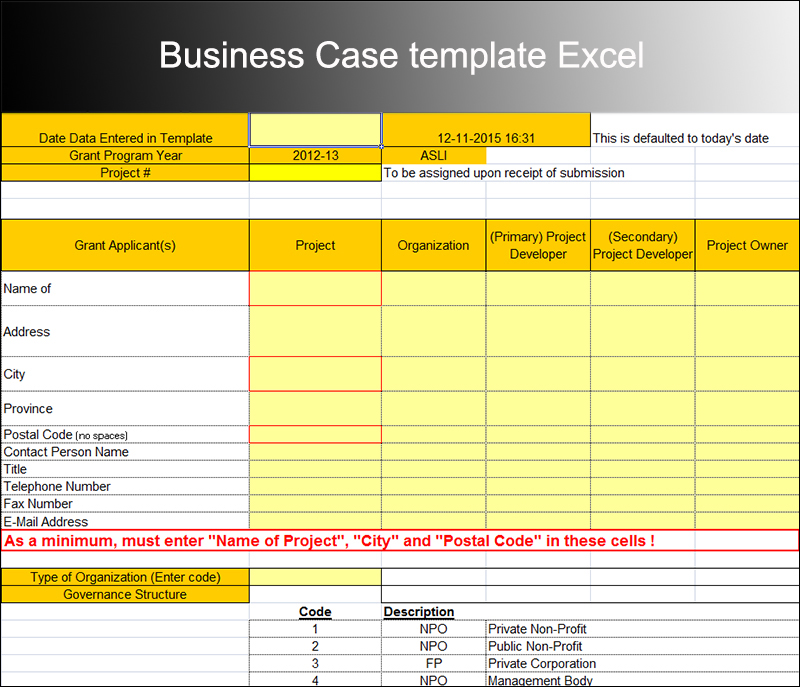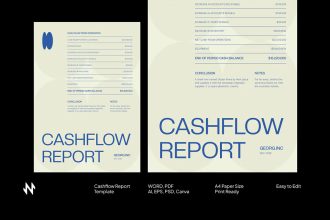In the realm of strategic decision-making, business cases serve as foundational documents that outline the rationale behind proposed initiatives or investments. A well-crafted business case provides decision-makers with a comprehensive understanding of the project’s objectives, benefits, costs, and risks, empowering them to make informed choices. In this article, we explore the significance of business case templates and offer insights into creating compelling and effective documents.
The Blueprint of Success: Understanding Business Case Templates
At its essence, a business case template is a structured framework that guides the development of a business case. These templates typically include sections such as executive summary, project description, market analysis, financial projections, risk assessment, and implementation plan. By providing a standardized format, business case templates streamline the process of documenting and communicating key information essential for decision-making.
Crafting Clarity: Communicating the Value Proposition
A core element of any business case is articulating the value proposition. What problem does the proposed initiative solve? What are the anticipated benefits? Business case templates prompt stakeholders to clearly define the objectives and expected outcomes of the project. By quantifying potential benefits and aligning them with strategic objectives, organizations can effectively communicate the value of the proposed initiative to decision-makers.
Assessing Viability: Analyzing Costs and Benefits
One of the primary functions of a business case is to assess the financial viability of a project. Business case templates facilitate the systematic analysis of costs and benefits, helping stakeholders evaluate the potential return on investment. From initial capital expenditures to ongoing operational costs and projected revenue streams, these templates provide a framework for conducting comprehensive financial analysis and determining the economic feasibility of the proposed initiative.
Mitigating Risks: Addressing Uncertainties
Every business initiative entails risks, and effective risk management is essential for success. Business case templates prompt stakeholders to identify and assess potential risks associated with the proposed project. By conducting a thorough risk analysis and developing mitigation strategies, organizations can proactively address uncertainties and enhance the likelihood of project success. Integrating risk assessment into the business case demonstrates foresight and strengthens the decision-making process.
Gaining Alignment: Building Consensus among Stakeholders
Business decisions often involve multiple stakeholders with diverse perspectives and interests. Business case templates facilitate alignment by providing a structured format for documenting stakeholder requirements, concerns, and expectations. By engaging stakeholders throughout the development of the business case, organizations can build consensus and garner support for the proposed initiative, increasing the likelihood of successful implementation.
Conclusion: Empowering Decision-Makers with Comprehensive Business Case Templates
In an increasingly complex business environment, effective decision-making is paramount to organizational success. Business case templates serve as invaluable tools, enabling stakeholders to systematically evaluate proposed initiatives, assess their viability, and make informed choices. By embracing well-designed templates, organizations can enhance the clarity, rigor, and effectiveness of their business cases, ultimately maximizing the likelihood of achieving strategic objectives and driving sustainable growth.
Best Business Case Template
